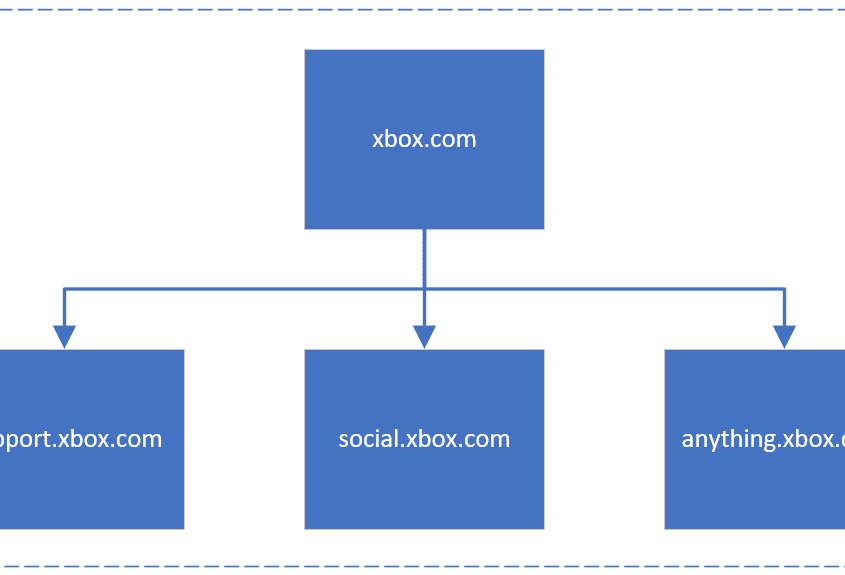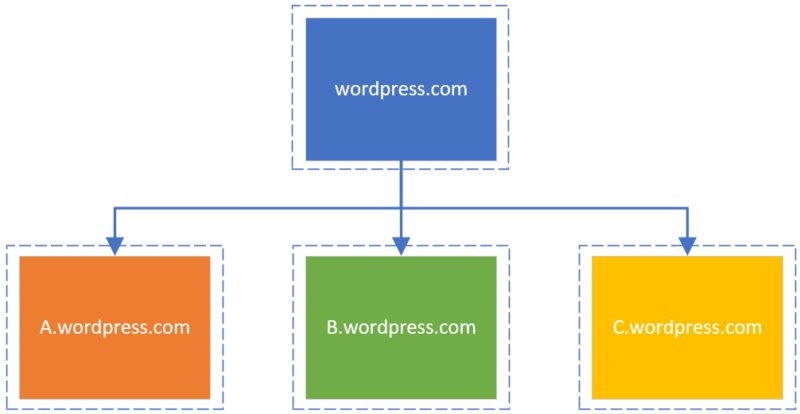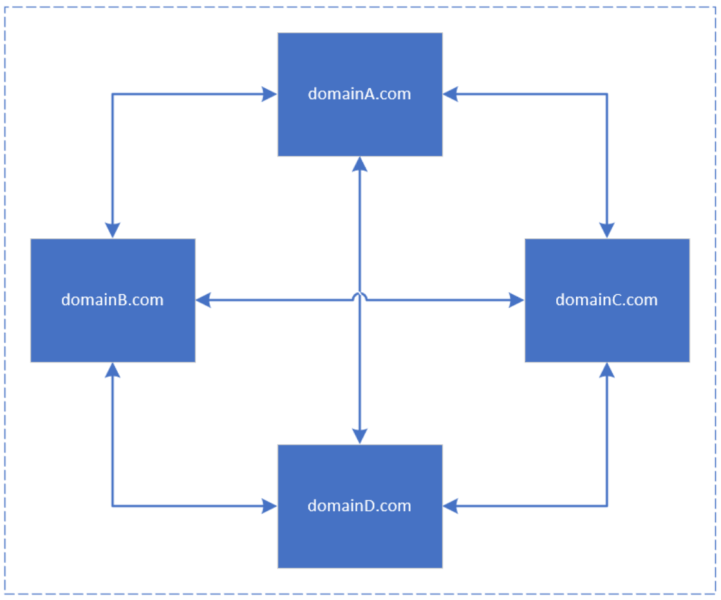Bing Announces New Link Penalties
Bing has announced a new series of link penalties aimed at reducing the presence of spammy or manipulative sites across its search engine. Specifically, the latest link penalties target private blog networks (PBNs), as well as those using subdomain leasing or manipulative cross-site linking.
What Bing is Targeting
For the most part, Bing is looking to penalize sites who are misleading search engines by essentially bundling site level signals to increase the presence of unrelated subdomains. Lately, a number of larger sites have been leasing subdomains while promising high rankings through site-level signals.
Subdomains are regularly used for legitimate purposes to help separate areas of a site. For example, many sites may use a separate subdomain for areas of their site related to customer support, which would appear as support.example.com. In this case, it makes sense for the support areas of the site to still benefit from the site-level SEO signals present.

On the other-hand, you have leasing services such as WordPress which are used to host a wide-range of unrelated topics, brands, and philosophies. In this case, it would not make sense for each subdomain to receive the SEO boost from WordPress’s main domain.

While WordPress follows the best practices of search engines and properly insulates each subdomain, some bad actors have been misrepresenting their site structure to artificially inflate the presence of unrelated subdomains.
As the company explained in its announcement:
“…we heard concerns from the SEO community around the growing practice of hosting third-party content or letting a third party operate a designated subdomain or subfolder, generally in exchange for compensation.
…the practice equates to buying ranking signals, which is not much different from buying links.”
Private Blog Networks
In particular, Bing called out PBNs for misrepresenting their site structure to artificially inflate content:
“While not all link networks misrepresent website boundaries, there are many cases where a single website is artificially split across many different domains, all cross-linking to one another, for the obvious purpose of rank boosting. This is particularly true of PBNs (private blog networks).”
Cross-Site Linking
Another issue that Bing is putting in its crosshairs are sites that are essentially a single site but are broken into multiple interlinking sites to create false link signals.
The graphic below illustrates how this site structure may appear:

Notably, this practice has already been against Bing’s policies and subject to penalties, but the search engine says it will begin applying additional penalties.
The Takeaway
All of the types of activity being targeted by Bing’s latest link penalties are systematic misrepresentations of websites to artificially boost their presence in search engines. It is hard to imagine many cases where legitimate sites could be affected inadvertently – though it is always possible.







Leave a Reply
Want to join the discussion?Feel free to contribute!